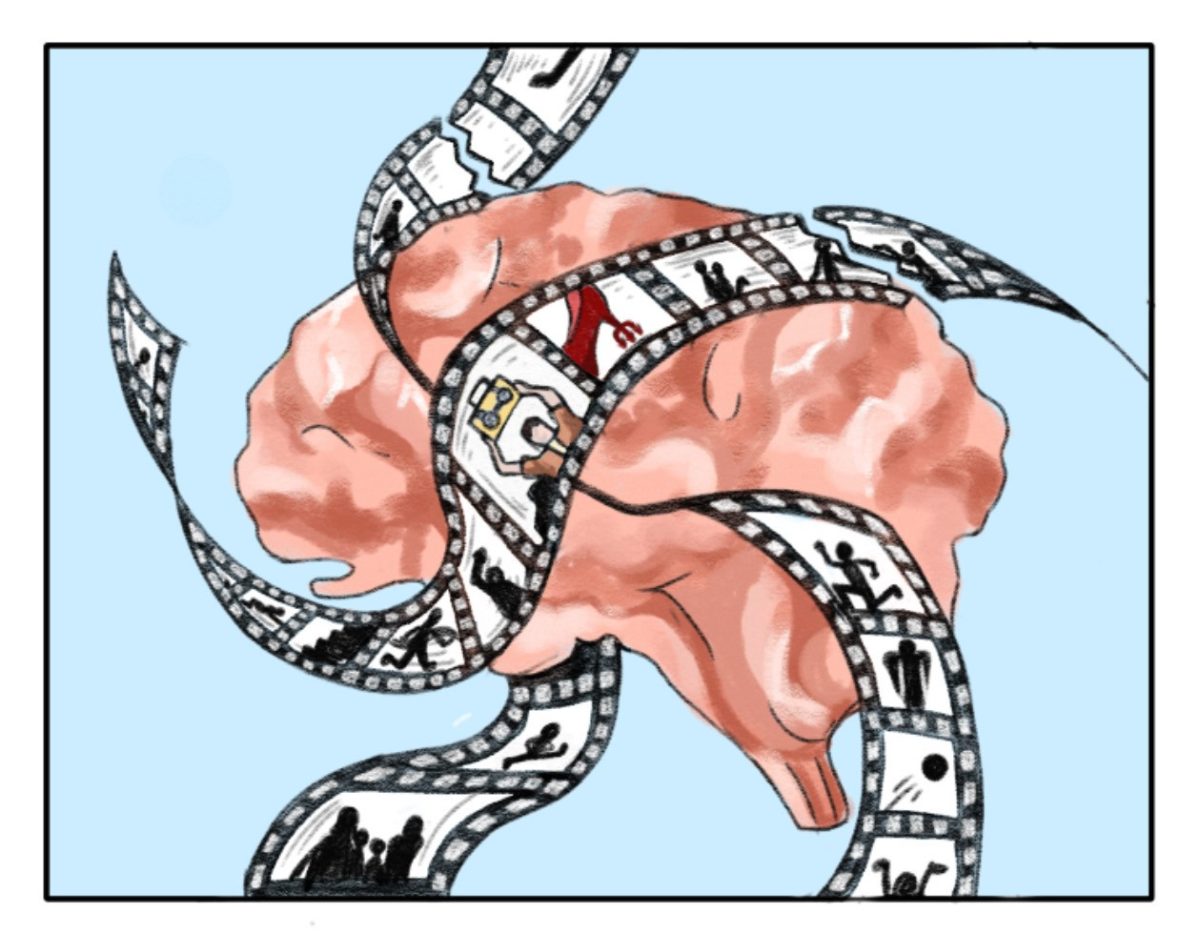“I must stay up until 2:00 a.m. poring over my history textbook to get an ‘A’; I must be in DECA and Quiz Bowl and Science Olympiad and the Southerner to get into a respectable college; I must double major in biology and chemical engineering to get into a prestigious medical school and residency program; I must sacrifice time with family to get the promotion. Only then will I be happy.”
Especially in competitive environments like South, students have this ingrained mindset that success is the sole determinant of ultimate happiness. We think that once we achieve our goals, we will be happy; however, the problem is once we achieve one goal, we set another—one more ambitious and unattainable than the previous. It’s like one of those addictive video games: As soon as you get past the level you have been toiling over for days, you spend weeks trying to advance to the next level. The initial sense of satisfaction is fleeting, however; soon after achieving your goal, you become frustrated that you can’t make it past Bowser on Level 5.
Like in video games, there comes a point when our goals are simply too far-fetched. Then what? Is the happiness we’ve put off for the last x-number of years ever achieved? We often think that success must come before happiness, but if we use happiness to drive success, we can reverse the formula and achieve success without sacrificing our personal happiness.
It seems almost too simple, too easy for us hard workers and overachievers. However, studies have shown that when we are happy, we are more successful, proving that our current perspective on the relationship between success and happiness is incorrect. According to Shawn Achor, researcher of positive psychology and NY Times best-selling author of The Happiness Advantage, “your brain at positive is 31 percent more productive than your brain at negative, neutral or stressed,” and “75 percent of job successes are predicted by your optimism levels.” Thus, it is clear that happiness isn’t a byproduct of but rather a catalyst for success.
The same mindset should be applied to how we approach extracurriculars. We should be involved in clubs and extracurricular activities because they provide us with a sense of fulfillment and happiness, not because of superficial motives such as college admission. When we pursue activities with our personal happiness in mind, we ultimately become more desirable applicants because colleges can sense genuine passion, something that is considerably more accepted into the prestigious colleges of our choices. However, it will not be achieved with a set formula derived from College Confidential or Naviance; instead, it will be achieved with valued than an extensive list of meaningless extracurriculars. In the end, we will awere still be our happiness in mind..
It doesn’t just end here. Instead of putting off our immediate happiness, we must consciously make the effort to constantly do what we love so that we can ultimately achieve the success we are all striving for. Thus, let’s re-evaluate all of our goals to ensure that our actions are driven by happiness.
With this change in mindset, your justifications for your actions should now look something like this: “I will go to sleep at 11 to feel refreshed and energized tomorrow. I will join only the Southerner because that’s the only club in the school I enjoy. I will major in art history and literature because I genuinely enjoy learning about them. I will balance my demanding dream job with quality time with my family. Thus, my happiness will never have to be a tradeoff for my success.”
Categories:
Stop Sacrificing Happiness for Success
January 18, 2017
Cartoon by Melody Yang
0
Tags:
More to Discover














